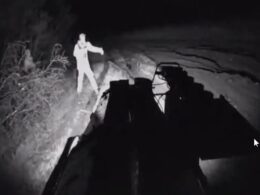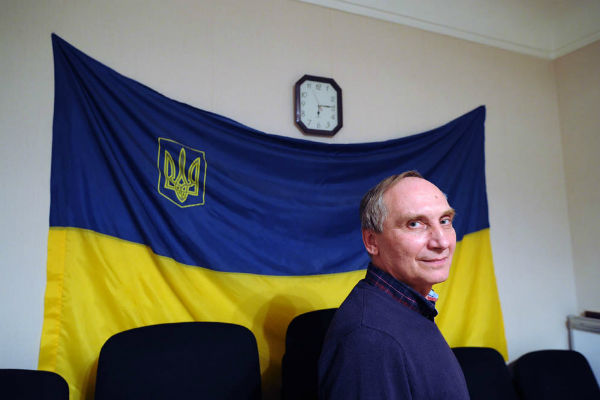Rape and sexual assault attributed to Moscow's forces in Ukraine are part of a Russian "military strategy" and a "deliberate tactic to dehumanise the victims", UN envoy Pramila Patten told AFP in an interview. "All the indications are there," the UN special representative on sexual violence told AFP on Thursday, when asked if rape was being used as a weapon of war in Ukraine.
"When women are held for days and raped, when you start to rape little boys and men, when you see a series of genital mutilations, when you hear women testify about Russian soldiers equipped with Viagra, it's clearly a military strategy," she said. "And when the victims report what was said during the rapes, it is clearly a deliberate tactic to dehumanise the victims."
The United Nations has verified "more than a hundred cases" of rape or sexual assault since the beginning of the war, Patten said. The first cases were reported just "three days after the invasion of Ukraine" on February 24, she added, referring to a UN report released in late September. The report "confirmed crimes against humanity committed by the Russian forces, and according to gathered testimonies, the age of the victims of sexual violence ranges from four to 82 years old," Patten said. The victims are mostly women and girls, but also men and boys, she added.
"There are many cases of sexual violence against children who are raped, tortured and kept hostage," she said. But "reported cases are only the tip of the iceberg," she added.
Rape as a weapon of war has been reported in conflicts worldwide, from Bosnia to the Democratic Republic of Congo. But the war in Ukraine has marked a turning point in international attitudes, the UN envoy said. "There is now political will to fight impunity, and there is consensus today on the fact that rapes are used as a military tactic, a terror tactic," Patten said.
Patten said she was also concerned about the risk of human trafficking. "People trafficking is an invisible crime, but it's a major crisis." More than seven million Ukrainians have fled the fighting into other European countries since the war started, the UN refugee agency says.



